Test Playground
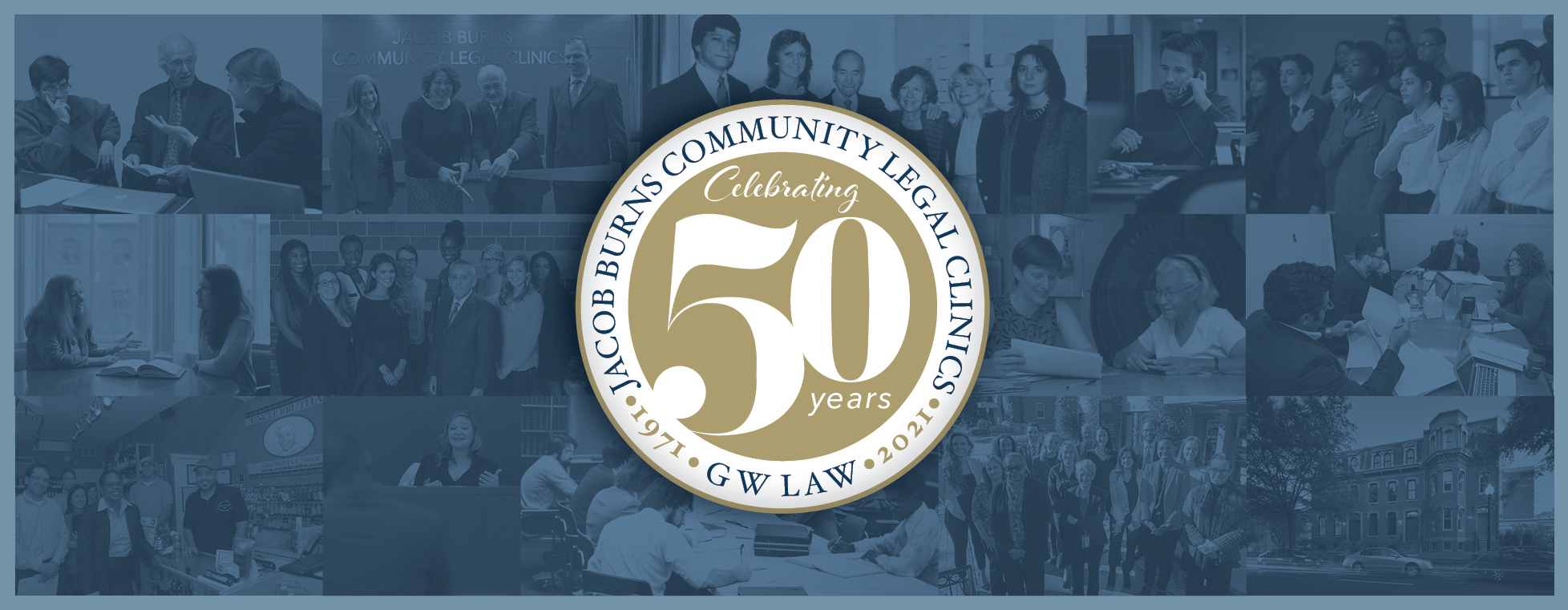
Since 1971, GW Law has recognized the critical role of clinics in helping law students develop vital skills and values, while also providing direct legal services to clients who may not otherwise have access to justice or economic opportunity. Through a series of events over the next several months, we are honoring our history of leadership in clinical legal education and our stellar alumni network, which is among our proudest achievements.
Clinic Alumni Profiles
To celebrate the 50th anniversary of the Jacob Burns Community Legal Clinic at the George Washington University Law School, alumni around the globe are taking time to reflect on their experiences in Clinic. Reflections from our Clinic alums are accessible here.
History Timeline
This interactive timeline, developed by the GW Law’s Clinical Program in collaboration with the Jacob Burns Law Library, traces over 50 years of clinic history from 1969-2022. As with all historical research, this timeline is a work in progress. We invite you to enjoy exploring many significant highlights from our history. Please send feedback to: clinicadmin law [dot] gwu [dot] edu (clinicadmin[at]law[dot]gwu[dot]edu).
law [dot] gwu [dot] edu (clinicadmin[at]law[dot]gwu[dot]edu).
Making History in DC
Student Leadership
Clinic Administration
Clinic Growth & Expansion
Holistic Community Support
Community Partnerships
1969-1979: Pre-Clinic Programs and the Crusade to Change Legal Education
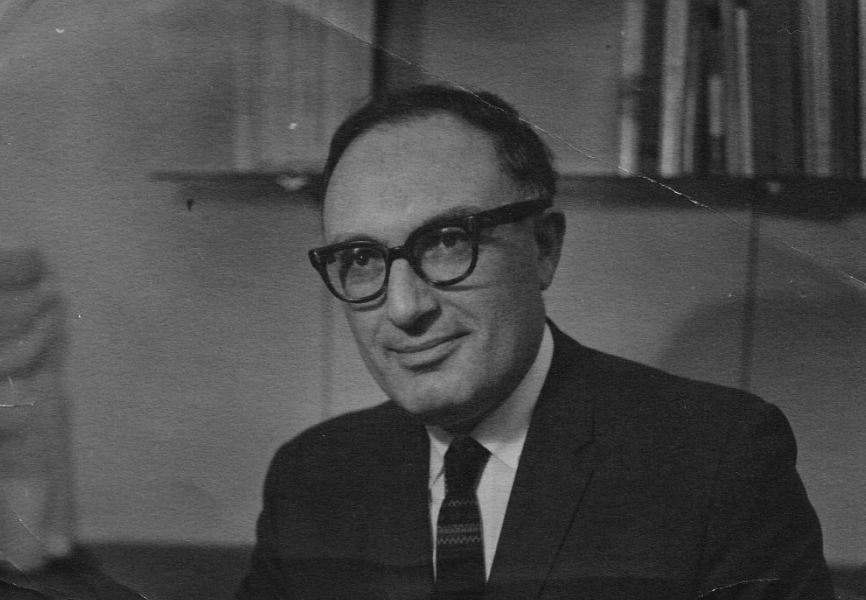
1959-1968
From 1959-1968’s GW Law Alum William “Bill” Pincus (JD ‘53), the visionary who conceived of the idea of clinical legal education, funded two-year pilot clinical programs across the nation through his position as an Executive with the Ford Foundation.
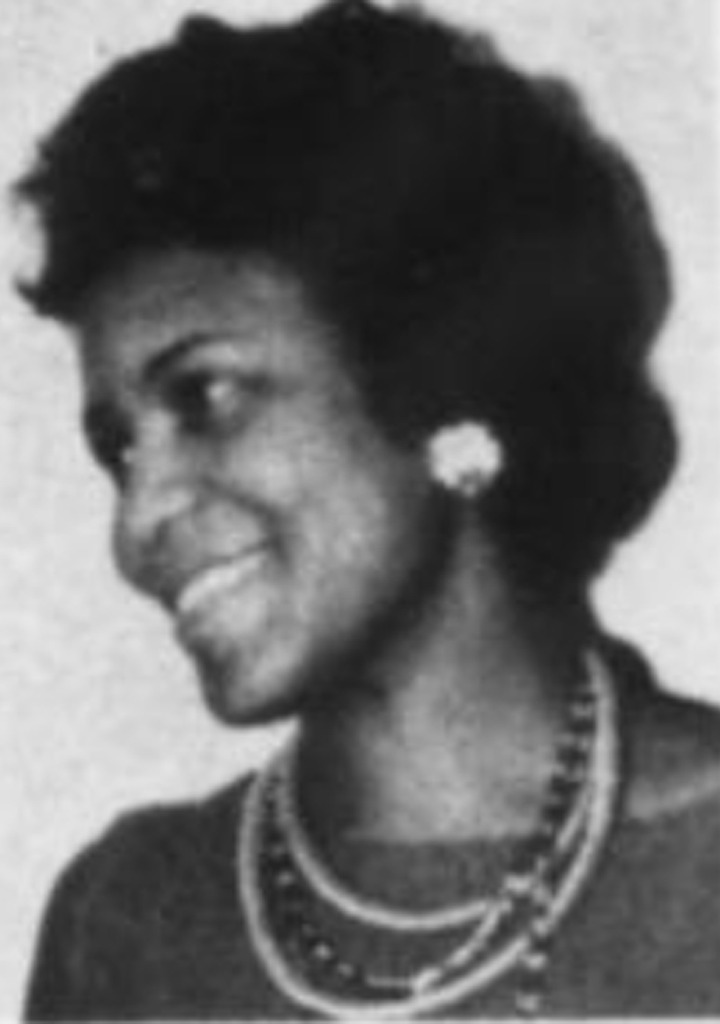
Photo of Professor Jean Camper Cahn
1968
The late Professor Jean Camper Cahn, founded and directed the Urban Law Institute (ULI) at GW, which operated until 1971. Professor Cahn was a bold advocate for marginalized residents and a pioneer in the history of clinical legal education at GW Law. ULI was funded by the Office of Economic Opportunity, hired law students to serve as advocates for D.C.'s low-income residents, and focused on elevating the interests of indigent clients consistent with its philosophy that “law can be a real tool to change the condition of the urban poor.” ULI went against the grain in its mission by creating a movement of third-year law students nationwide demanding that the law firms who have offered them employment commit to supporting poor clients. Rather than solely supporting clients with pro bono litigation, ULI strongly advocated for the importance of providing more proactive pro bono legal services such as interpreting regulations, drafting proposals, negotiating agreements, and coordinating resources.
1970-1971
With the spirit of GW Law alumnus Bill Pincus and Professor Jean Camper Cahn of the ULI, the Consumer Help Project and D.C. Law Students in Court (now called Rising for Justice) became the first two official Clinic programs. The Consumer Help Clinic was founded by the late Professor Donald P. Rothchild and evolved into the Consumer Litigation and Consumer Mediation Clinics. D.C. Law Students in Court engages students from law schools across the city and provides legal representation, assistance, and counseling to low-income clients.
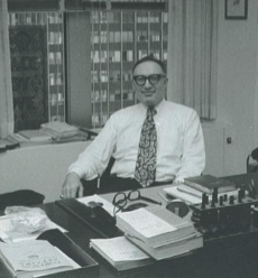
Photo of Bill Pincus in his office
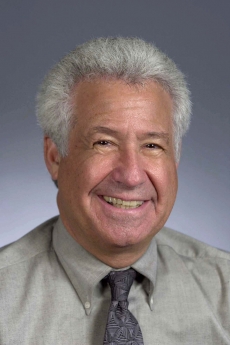
Photo of Eric Sirulnik
1971
In 1971, the Clinical Director and Dean for Clinical Programs and Research & Development, Eric Sirulnik began his leadership over the GW Law Clinics, which continued until 2002.
1973
By 1973, GW Law’s Clinical Program continued growing modestly—in three small rooms on the third floor of the long-demolished Bacon Hall. The clinics later took over the first floor of Bacon Hall until 1978. Staffing was likewise humble. One of his early hires was office manager Norma Lamont, who supported the Clinic’s administrative efforts until 2019. Her tireless efforts, skilled grant-writing, and connections in the DC community were invaluable in building the financial infrastructure of the Clinics. She retired after more than four decades of service to the Clinics.
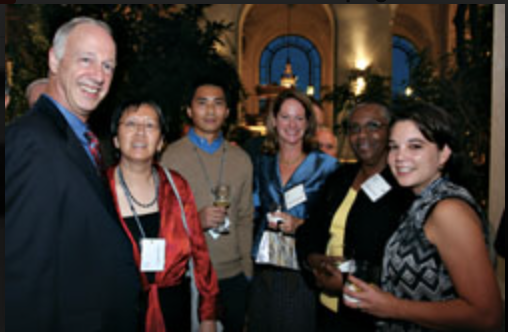
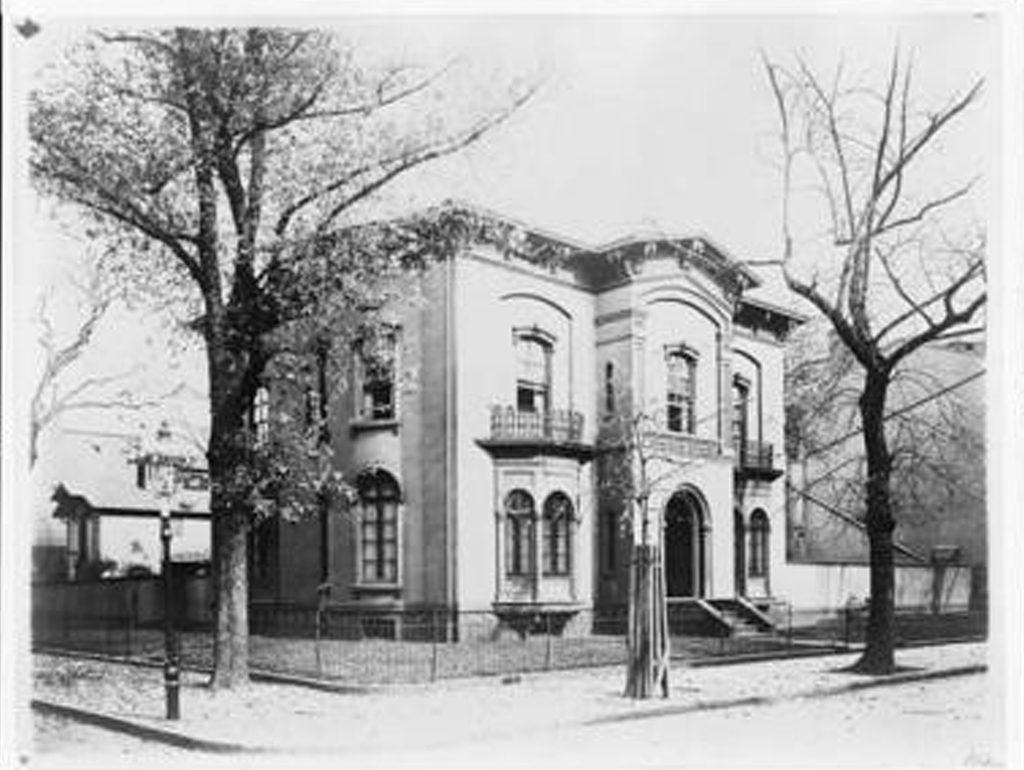
2000 G Street Historic Property
1976
The building across the street from the Law School complex at 2000 G Street was designated a National Historic Landmark and a District of Columbia Historic Site. In 1990, the original G Street townhouses would later become property of the Law School, and eventually the Clinical Program’s permanent home. The Law School expended considerable effort to preserve the G Street townhouses, and in doing so, the Law School preserved a remnant of a rich and storied history involving former residents dating back to the Titanic, who engaged in heroic efforts.
1977
The Small Business Clinic launched, providing free start-up legal services to Washington, D.C., area organizations under the leadership of Dean Eric Sirulnik. GW’s clinic, launched as the local legal specialty center for the Small Business Administration’s Small Business Development Program, represents micro-businesses with start-up capital of $500 to $35,000, and was established by a generous grant.

2000 G Street Historic Property
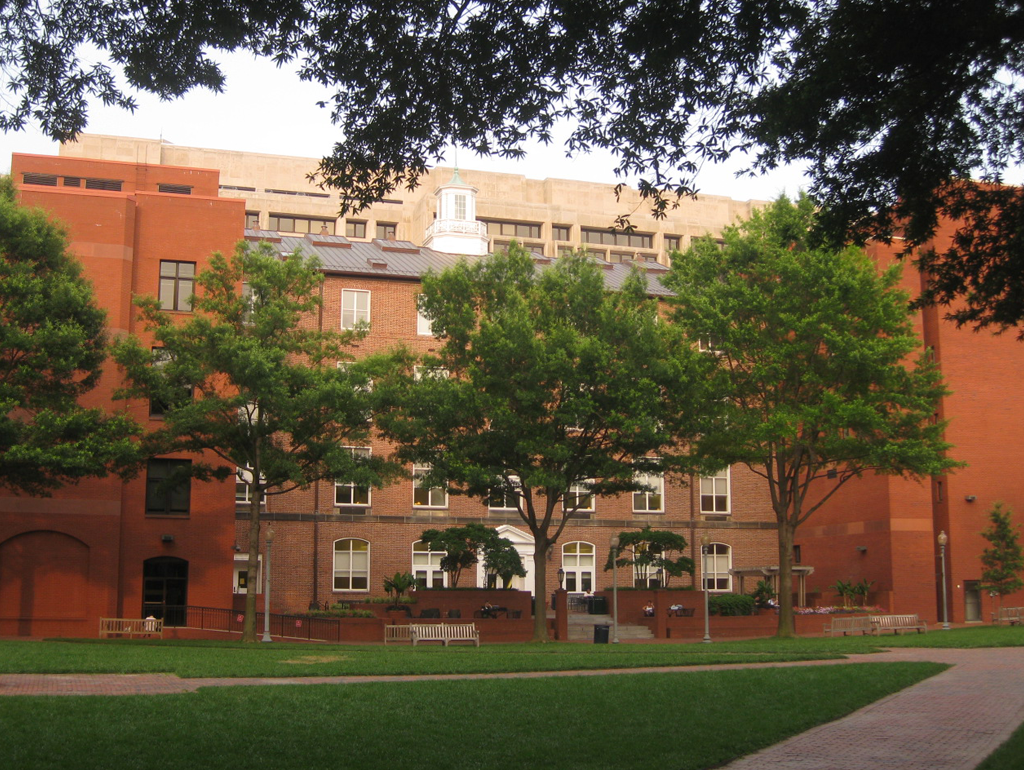
Photo of Stockton Hall
1978
From 1978 to 1980, while awaiting the conclusion of the highly anticipated construction of the new G.W. Law School complex, the Clinical Program occupied a building on the corner of 20th and L Streets, NW. After the Law School building project concluded, the Clinical Program returned to an upgraded space in Stockton Hall.
In 1978, the National Center for Law and the Deaf began as a cooperative venture between the National Law Center of George Washington University and Gallaudet. The Center provided legal counseling to deaf clients on the campus, using sign interpretation for all client meetings.
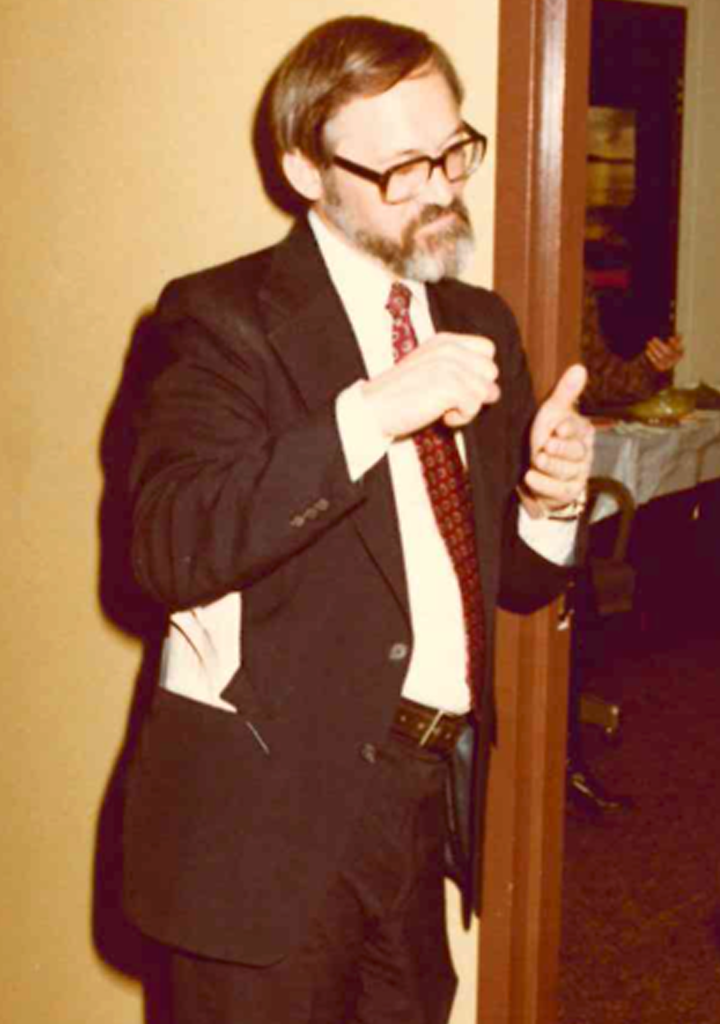
Photo of Randle Gannon of The National Association of the Deaf (NAD)
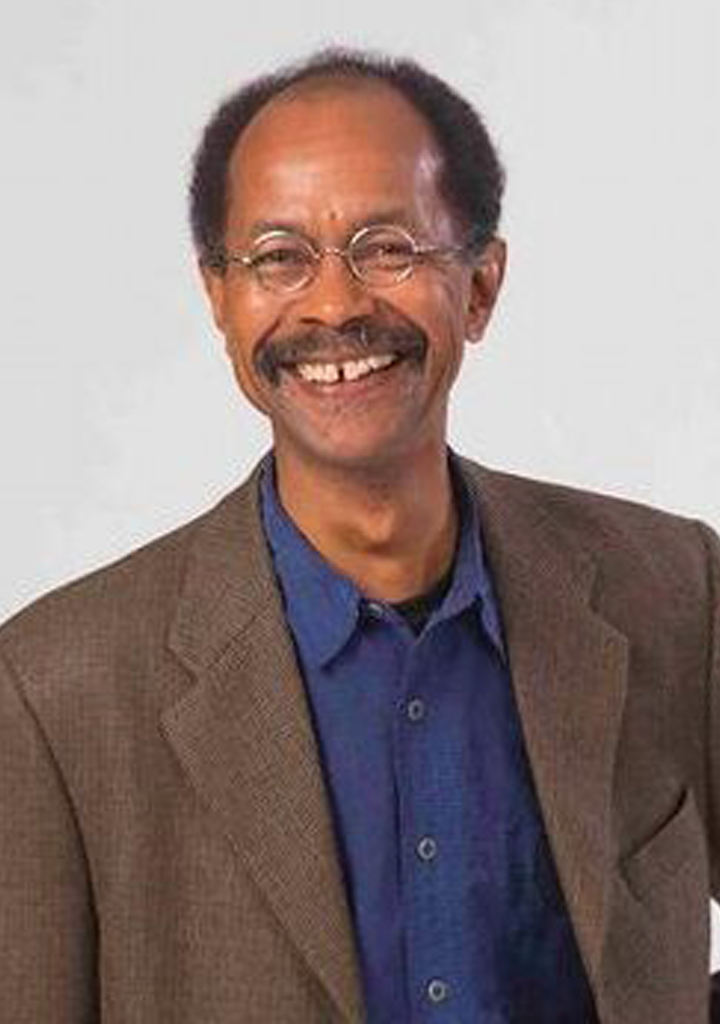
Photo of Richard Boswell
1979
In 1979, The Immigration Law Clinic was founded. It was originally operated by nine second- and third-year students under the supervision of Richard Boswell, JD ’79. The Immigration Clinic was funded during its first year by a grant from the Department of Education’s clinical legal education program.
In 1979, Professor Joan Strand joined the Law School faculty and directed the Civil & Family Litigation Clinic, after having supervised students in the D.C. Law Students in Court Program (now called Rising for Justice). Professor Strand commented, “We all did everything. We were stretched thin. There was no specialization. No interns or fellows.” Early supervising attorneys were Michael Zeldon and Robinwyn Lewis.
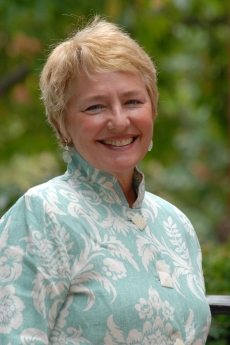
Photo of Joan Strand
1980-1989: A History of Clinical Excellence
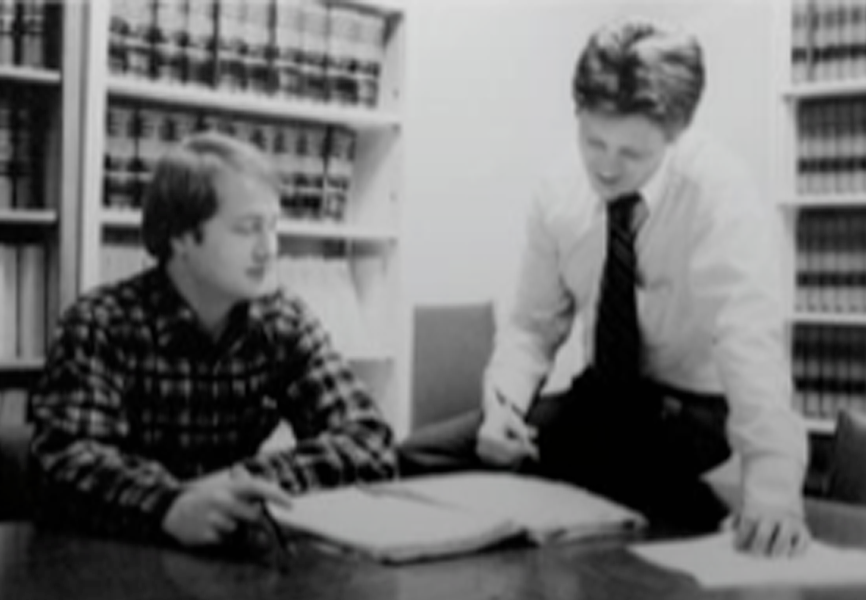
1980
In the 1980's the late Professor Stephen Joseph Del Guidice began teaching the Clinic's Administrative Advocacy Clinic; Advocates for Older Peoples (AOP) program, which he taught for nearly ten years. The Clinic represented indigent and elderly clients pursuing their right and benefits before various local and federal agencies.
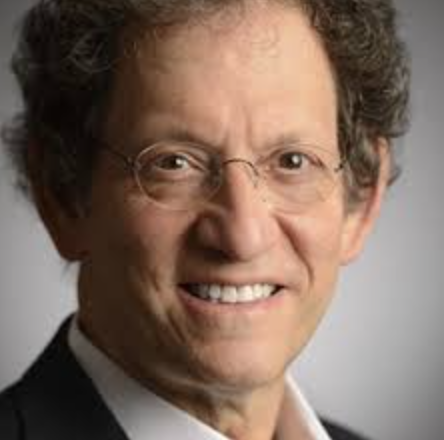
Photo of David Medine
1986
In 1986, Professor Carol Izumi launched the Consumer Mediation Clinic which continued through 2010. In her words, “GW Law School embraced alternative dispute resolution early on,” Izumi explains. “For many years, we were the only law school clinic that gave students a chance to work with people as neutral mediators rather than as legal representatives.” Early support for the CMC was provided by supervising attorney David Medine.
1987
The Jacob and Charlotte Lehrman Foundation Clinical Scholarship Fund was established by donation to create the Lehrman Scholarship for Student Director. Since 1987, dozens of impressive public service-minded clinic students have served in this role.
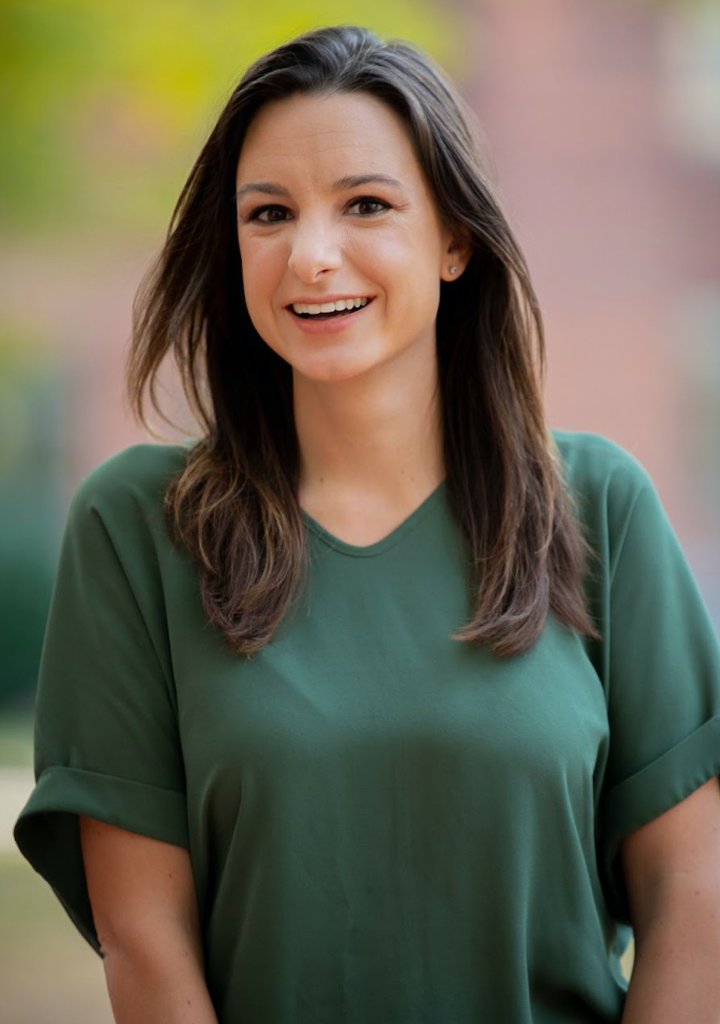
Brittany Gault, 2022-2023 Student Director
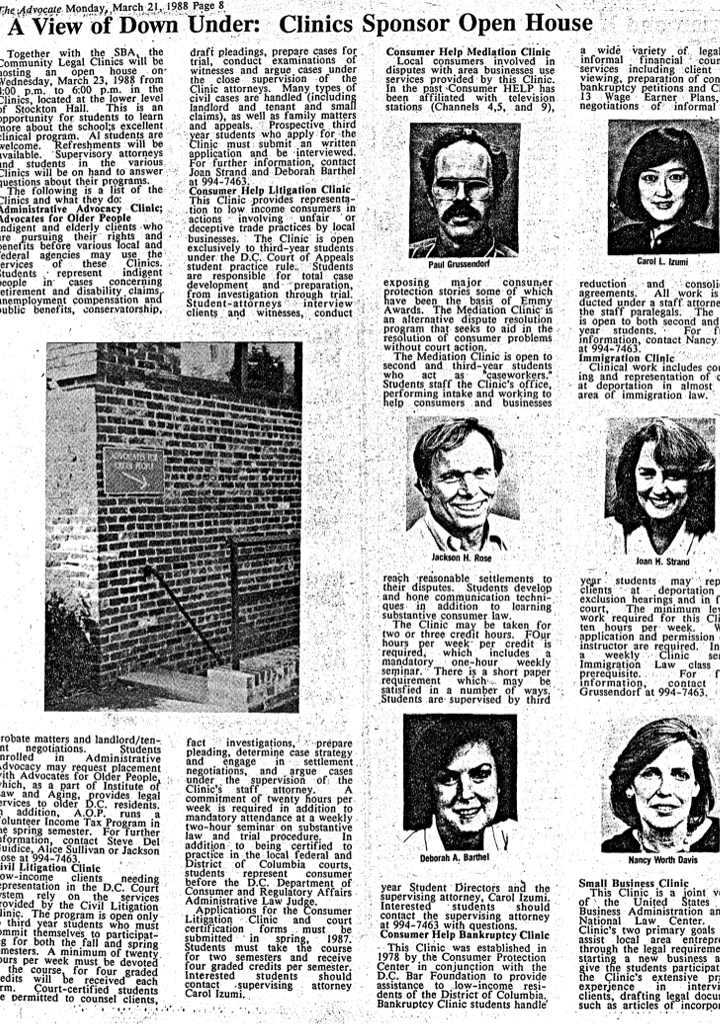
The Advocate, March 21, 1988
1988
The Administrative Advocacy Clinic’s AOP program continued under the leadership of Professors Joan Strand and Deborah Barthel. The Clinic represented indigent and elderly clients pursuing their rights and benefits before various local and federal agencies. Students in the Clinic represented clients seeking retirement and disability claims, unemployment compensation, and in public benefits and conservatorship cases.
By 1988, the Immigration Clinic was directed by Professor Paul Grussendorf. At this time, student attorneys in the Immigration Clinic had the opportunity to counsel clients at deportation and exclusion hearings. The Clinic worked in almost every area of Immigration law.
In 1988, Professors Dan Gropper, Alice Sullivan, and Steve Del Guidice transitioned out of their role with the Small Business & Community Economic Development Clinic, and Professor Susan R. Jones became the first clinic director who was approved by the faculty to become a Law School-funded faculty member. At the beginning, “people just didn’t see the connection between business clinics and social justice,” Jones says. “As small business law expanded over the years into a ‘legitimate’ part of the public interest movement, there’s been a huge proliferation in the number of small business clinics nationally, and GW Law has served as a model for many of them."
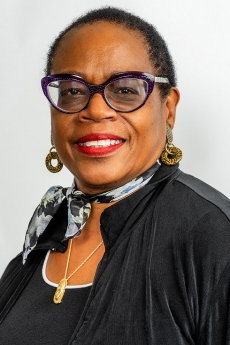
Photo of Susan R. Jones
Decades below need edits
1990-1999: A Surge of Clinic Expansion
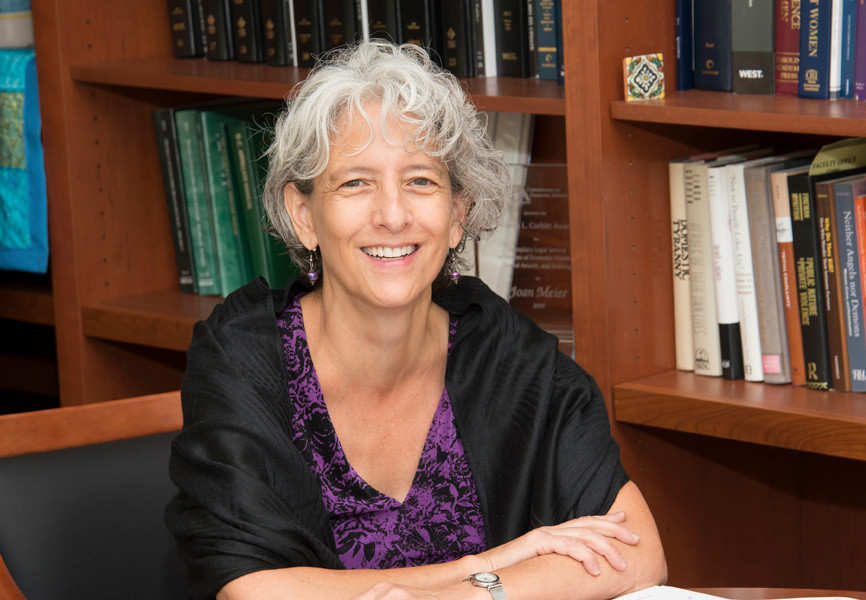
1991
Professor Joan S. Meier founded the Domestic Violence Project (DVP) which is still in existence today. DVP introduces students to a variety of different forms of legal advocacy on behalf of victims of domestic violence and their children.
In 1991, the Clinics were dedicated to acknowledge the generous support of Jacob Burns (LLB '24, Hon. LLC '70). A longtime trustee of the University, Burns (1902-1993) was renowned as a lawyer, artist, and philanthropist. GW Law is proud to honor this significant contribution to the "uplifting and maintenance of the legal profession," and his fearless advocacy of the principle of "equal justice under the law."
1992-1993
Professor Peter Meyers, an experienced litigator, directed GW Law’s Criminal Appeals and Post Convictions Services Clinic (CAPS) (formerly known as the Federal Criminal, Appellate Clinic) from 1992 to 1993. He then engineered the Law School’s expansion into new territory in 1994 with the launch of the one-of-a-kind Vaccine Injury Litigation Clinic.
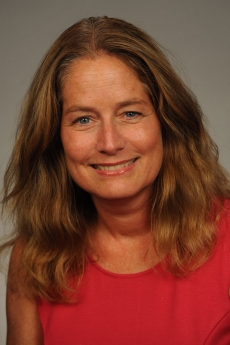
Photo of Anne K. Olesen

need photo
1993
In 1993, the Consumer Litigation, Mediation, and Bankruptcy Clinics were folded into the GW Civil Litigation Clinic and the Consumer Litigation Clinic was closed.
1994
In 1994, the Vaccine Injury Litigation Clinic led by Professors Eric Sirulnik and Peter Meyers was established, making it the first of its kind in the country. Students in the year-long clinic represent litigants seeking compensation for vaccine-related injuries and deaths and appear in trial, mediation, and appellate proceedings before the U.S. Court of Federal Claims and the Office of Special Masters. Funding for the clinic came from a Department of Education grant.

Need photo

1995
In 1995, the Vaccine Injury Litigation Clinic appeared before the Supreme Court as co-counsel on Whitecotton v. Donna E. Shalala, Secretary of Health and Human Services and remains singular in its profile representing pro se litigants.
In 1995, the Health Rights Law Clinic was established by grant funding and taught by Professorial Lecturer in Law.
1996
In 1996, Professor Alberto M. Benítez joined the GW Law Faculty, and began leading the Immigration Clinic
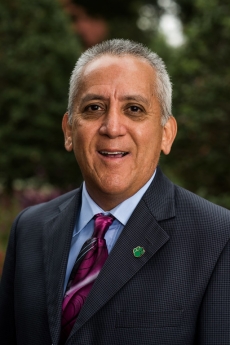
Photo of Alberto Benítez

1996
In 1996, Professor Alberto M. Benítez joined the GW Law Faculty, and began leading the Immigration Clinic - HOLDING FOR CODE
In 1996, attorney Philip Friedman of Friedman Law Offices, P.L.L.C filed a class-action lawsuit Bassin and Weems v. District Cablevision Limited Partnership, and he won in a landmark settlement resulting in an award of $13.7 million dollars to recoup a fortune in illegal late fees from cable television giants. Friedman generously asked the court to distribute $2.4 million to the GW’s Law Clinics, as part of a “cy pres” award. “Cy pres” is a concept that comes from probate law and essentially strives to find the next best use for unclaimed money. Friedman felt strongly that the money should go to “institutions that protect consumers in the District of Columbia and provide legal counsel to those least able to afford it.” He explained, “This was a community that was grossly underserved in terms of having access to courts and legal services.” Phillip Friedman’s gift became the largest gift directed to the Clinics in G.W.’s history. The Friedman Fellows Program was subsequently launched in 2008.

Have photo
In 1996, Milagros Tudela joined the GW Law Clinics. She commenced her tenure as a receptionist and served the Clinics in various critical roles, including as a translator for the Immigration Clinic. She is the Clinics Administrative Supervisor and manages various matters across the Clinics.
2000-2009: Clinics in the 21st Century
Headline (optional)
Body Copy: Lorem ipsum dolor sit amet, consectetur adipisici elit, sed eiusmod tempor incidunt ut labore et dolore magna aliqua. Ut enim ad minim veniam, quis nostrud

Have photo

Need photo
2000
In 2000, the Public Justice Advocacy Clinic (PJAC) was launched by Professor Jeffrey Gutman and Lynn Cunningham. PJAC is a civil litigation clinic in which students represent clients in a range of matters that may include employment law, disability, law, Freedom of Information, government identification, and probate that matters
2000
In 2000, the Public Justice Advocacy Clinic (PJAC) was launched by Professor Jeffrey Gutman and Lynn Cunningham. PJAC is a civil litigation clinic in which students represent clients in a range of matters that may include employment law, disability, law, Freedom of Information, government identification, and probate that matters - delete if sent photo
2002
In 2002, Professor Suzanne H. Jackson began leading the Health Rights Law Clinic (HRLC), supplemented her early work at the Community Legal Clinics in the 1980s where she supervised students in representing District of Columbia seniors.
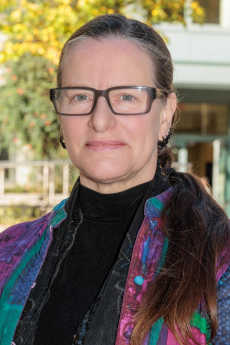
Photo of Suzanne H. Jackson
[video:https://vimeo.com/692408009 width:560 height:315 align:center lightbox:1 lightbox_title:Oral History of GW Law]
In 2002, Eric Sirulnik, transitioned out of the clinical deanship and into Emeritus status. As a leader in the clinical program, he encouraged the substantial development of clinical programs in civil litigation, elder law, immigration law, small business law, and vaccine injury law. Eric was interviewed by J.P. "Sandy" Ogilvy shortly before the conclusion of his deanship where he discusses his goal of having an International Human Rights Law Clinic created.
2003
In 2003, the Eric Scott Sirulnik Community Legal Clinic Fund was established through the generosity of David Z. Webster (LL.B. ‘64). Named in recognition of Professor Sirulnick’s dedication to the Jacob Bunes Community Legal Clinics, which were founded under his direction in 1971, this endowed fund supports the litigation efforts of the Jacob Burns Community Legal Clinics.

need photo
2004
In 2004, The Federal, Criminal and Appellate Clinic at George Washington University Law School won a case in the intermediate appellate court in Maryland that has received some publicity because it generated the first published opinion in the state to apply the new Supreme Court interpretation of Confrontation Clause rights (Crawford v. Washington 124 S. Ct. 1354 (2004).
2005
In 2005, Professor Arturo Carrillo joined the faculty to teach GW Law’s International Human Rights Clinic and the human rights advocacy seminar.
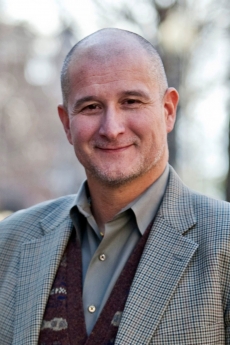
2006
Carol Izumi, the first Asian American Woman appointed as a GW Law faculty member, helmed the Clinics as Director of Clinical Programs/ Associate Dean of Clinical Affairs. Prior to taking on this role, she spearheaded the various consumer clinics.
In 2006, a generous gift from Phillip Friedman, Esq., enabled what would become the Friedman Fellows Program. The Friedman Fellows Program was subsequently launched in 2008. GW’s Clinics increased in number.
In 2006, Professor Anne Oleson assumed the directorship of the clinic formerly known as the Federal Criminal & Appellate Clinic, Criminal Appeals and Post Convictions Clinic (CAPS)
2007
In 2007, the Jacob Burns Foundation endowed a clinic dean chair, and Phyllis Goldfarb became the first clinical deal with the title, the Jacob Burns Foundation Associate Dean for Clinical Affairs
In 2007, “A Clinic Runs Through It” premiered in Fall 2007 at GW. The video, depicted the work of the Jacob Burns Community Legal Clinics, the importance of clinical legal education, and the accomplishments of our clinical programs was screened before numerous audiences
2008
In 2008, the inaugural class of Friedman Fellows began teaching in the Clinical Program due to the generous gift from Philip Friedman, Esq. Over the years, the program has offered fellows two-year funded fellowships giving them the opportunity to support faculty in teaching and supervising clinic students, provide the option to earn LLM’s during their fellowships, and create pathways to clinical opportunities for Fellows in law schools across the country.
In 2008, the Clinic piloted a graduate-level paralegal internship program in collaboration with the GWU Paralegal Studies Program in the College of Professional Studies. The partnership with the GWU Paralegal Studies Program remains in existence.
In 2008, the Clinic created a new Managing Attorney position and hired Lisa Guffey Esq
2008-2009
In the 2008-2009 Academic Year the Clinics established a Student Advisory Council. The Committee is composed of a student representative from each of the Clinical Programs and meets regularly. We remain thrilled about the continued participation and input of our dedicated clinical students in the governance of the Clinics
2010-2019: The Clinics Enter a New Era, and New Home
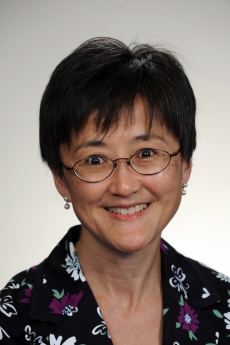
2010
In 2010, Carol Izumi, transitioned out of her leadership role with the Clinics and into emeritus status.
In 2010, Professor Laurie S. Kohn was hired to retain the caseload of Professor Joan Strand’s clinic while adding domestic violence matters to the docket. Joan Strand had retired after 32 years of serving as director of the Civil and Family Litigation Clinic. The Clinic’s name was subsequently changed to the Family Justice Litigation Clinic.
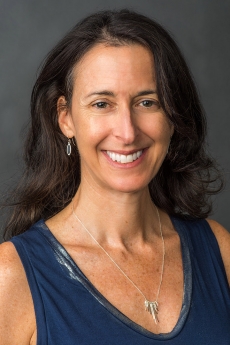
In 2010, Professor Jessica Steinberg was hired to direct the Neighborhood and Policy Law Clinic (more recently called the Prisoner and Reentry Clinic
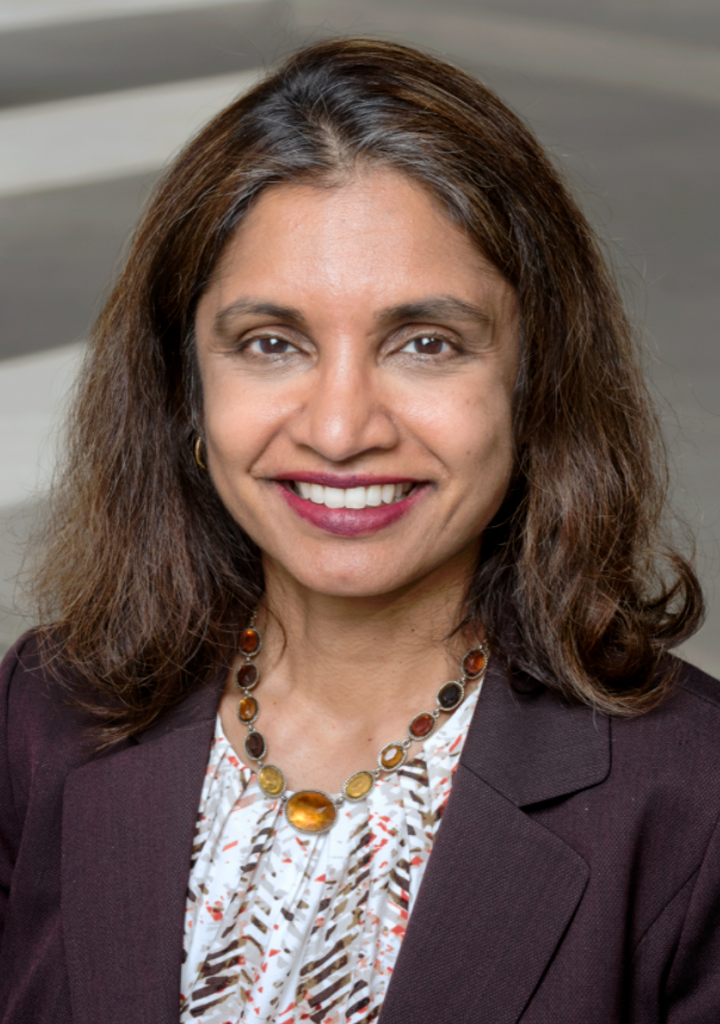
In 2010, GW Alumna Pallavi Rai Gullo (JD ‘01) became the next Managing Attorney of the GW Law Clinics until 2017.
2014
In 2014, Justice Sonia Sotomayor joined the George Washington University Law School community for a ribbon-cutting ceremony for the new Jacob Burns Community Legal Clinic building on 2000 G Street, N.W. Justice Sotomayor, former GW President Steven Knapp, former Interim Law School Dean Gregory Maggs and Phyllis Goldfarb, the former Jacob Burns Foundation Professor of Clinical Law and Associate Dean for Clinical Affairs, led the ribbon-cutting festivities. Prior to this, the GW Law Clinics were located in the Law School basement, then moved to a three-room office space in Bacon Hall, then moved to a building on 20th and L streets, N.W. between 1970 and 2014. When 2000 G Street was reconstructed the Clinics found its permanent home.
[video:https://vimeo.com/90574037 width:560 height:315 align:center lightbox:1 lightbox_title:Supreme Court Justice Sonia Sotomayor Celebrates GW Law School Event]
2019
Professors Jeffrey Gutman and Laurie Kohn co-directed the Clinical Program, with Professor Kohn serving as interim Associate Dean from 2019-2021, before Professor Laurie Kohn was appointed Associate Dean for Clinical Affairs in 2021.
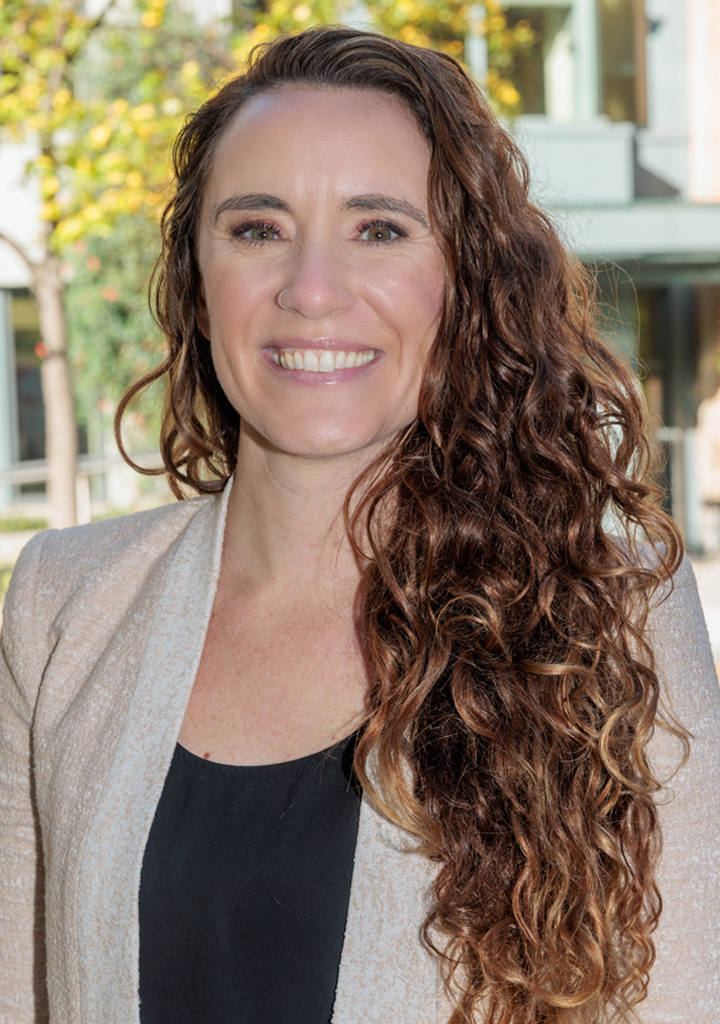
In 2019, Doctoral candidate Bonnie McIntyre began making her mark as the first Social Worker in the Jacob Burns Community Legal Clinics at the George Washington University Law School.
In 2019, the Rising for Justice Celebration of Service featured video of GW Law Alumnus, Courtney Luntz (JD ‘19) and her Clinic partner for their work responding to their client’s needs in eviction cases.
[video:https://www.youtube.com/watch?v=8YvPp3UhM2I width:560 height:315 align:center lightbox:1 lightbox_title:Rising for Justice 2019 Celebration of Service Client Video]
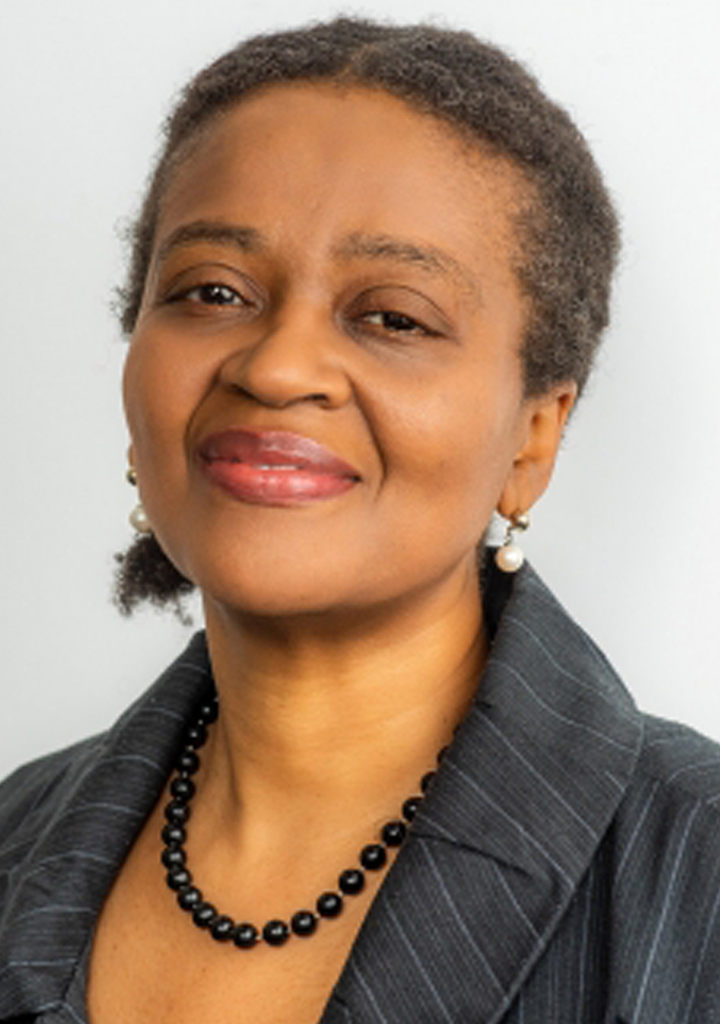
In 2019, Melody Webb became the next Managing Attorney of the GW Law Clinics, until 2021.
2020-Present: A Look Forward The Best is Yet to Come
2020
In 2020, the Clinic Faculty developed a Reading Group taught collaboratively in response to the new, diverse racial justice movement that was born in the United States, following the widely publicized stories of murders of Black citizens caused by police. These incidents of racialized violence by agents of the state present one lens through which law students witness racism and racial bias in our country. The Reading Group examines the origins, wide-ranging expression, and persistence of structural racism in America and its profound deleterious impact on access to justice for people of color.
2021
In 2021, Dean Dayna Matthew announced the appointment of Laurie S. Kohn, Associate Professor of Clinical Law and Director of the Family Justice Litigation Clinic, as the Jacob Burns Foundation Associate Dean for Clinical Affairs.
In 2021, Alumnus Andrea R. Willis-Johnson joined GW Law Clinics as the clinic’s Managing Attorney to lead the Clinical Program alongside Dean Laurie Kohn.
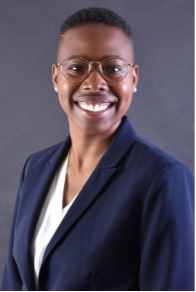
In 2021, the Jacob Burns Community Legal Clinics established an online community for clinic alumni and current student attorneys. This LinkedIn group provides a central place where current students and alumni of the GW Law Clinics can come together for networking purposes and celebrate the work of the GW Law Clinics. In six months the group grew to 131 members, and continues to grow.
In 2021, the Criminal Defense and Justice Clinic (CDJC) was launched to represent individuals charged with misdemeanors; examine, consider, and act to remedy injustices in the criminal justice system; and participate in a rigorous and interactive classroom seminar. CDJC is taught by Professors Lula Hagos and Ilan Friedmann-Grunstein
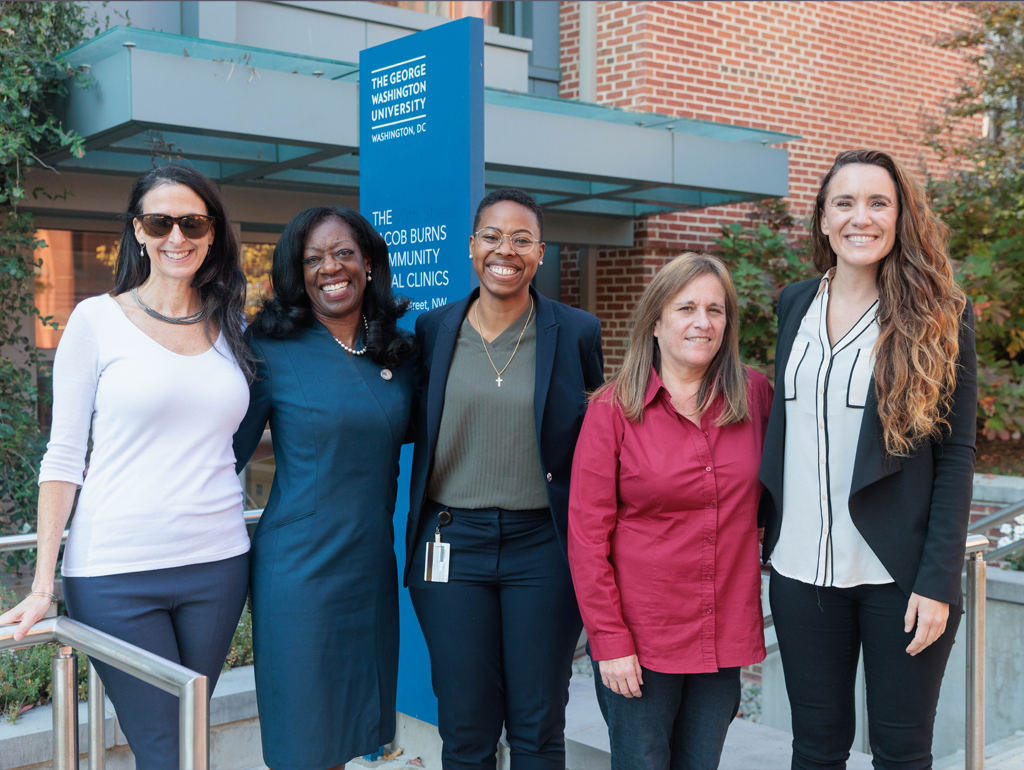
In 2021, Dean Dayna Matthew visited the GW Law Clinics to meet with students, staff, and faculty and learn about current client matters.
In 2021, the Civil Access to Justice Clinic – Family Law Division is a new 2-credit clinic was launched. The clinic focuses on addressing barriers to justice in the family law system by providing information and guidance to pro se litigants, drafting pleadings and motions, and mediating family law cases involving custody, divorce, legal separation, and child support.
In 2022, the Civil Access to Justice Clinic – Medical-Legal Partnership Division will launch as GW’s second 2-credit clinic, which is made possible by a generous gift from a GW Law alumnus. The Clinic focuses on providing holistic services to address health problems that arise at the intersection of law and medicine. Students in this clinic focus on removing barriers to access to major social determinants of health – decent, safe, affordable housing; quality health care; and pollution-free air and water. Students also work with clients to address health-harming infringements of these basic resources
In 2022, the Civil Access to Justice Clinic--Employment Division will launch as GW’s second 2-credit clinic
2022-2023
In the 2022-2023 academic year, the IP & Technology Clinic will plan to launch. The Clinic is made possible by a generous bequest from a GW Law alumnus. This Clinic will be launched collaboratively by GW Law’s Clinical Program and our nationally-ranked GW Law Intellectual Property Law Program.

